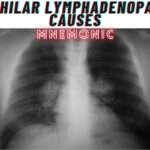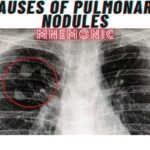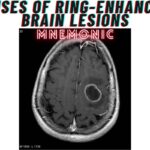If you’ve ever stood at the foot of a patient’s bed, staring at scaly, violet-toned lesions on their hands and ears, scratching your head and muttering “This looks like psoriasis but… not quite?” — congratulations, you’ve just met Bazex Syndrome in the wild.
Let’s unpack this zebra with some clinical flair and a dash of dry wit — because dermatology without mnemonics is just emotionally scarring.
At our hospital (Sheikh Khalifa Bin Zayed Hospital, Quetta), we have a running joke: if a skin rash refuses to follow the textbook — it’s either lupus, syphilis, or a cancer holding a dermatologic press conference. 😀
🧠 What Is Bazex Syndrome?
Bazex Syndrome, also known as Acrokeratosis Paraneoplastica of Bazex, is a paraneoplastic dermatosis — a fancy way of saying “Your skin is trying to snitch on a hidden cancer.”
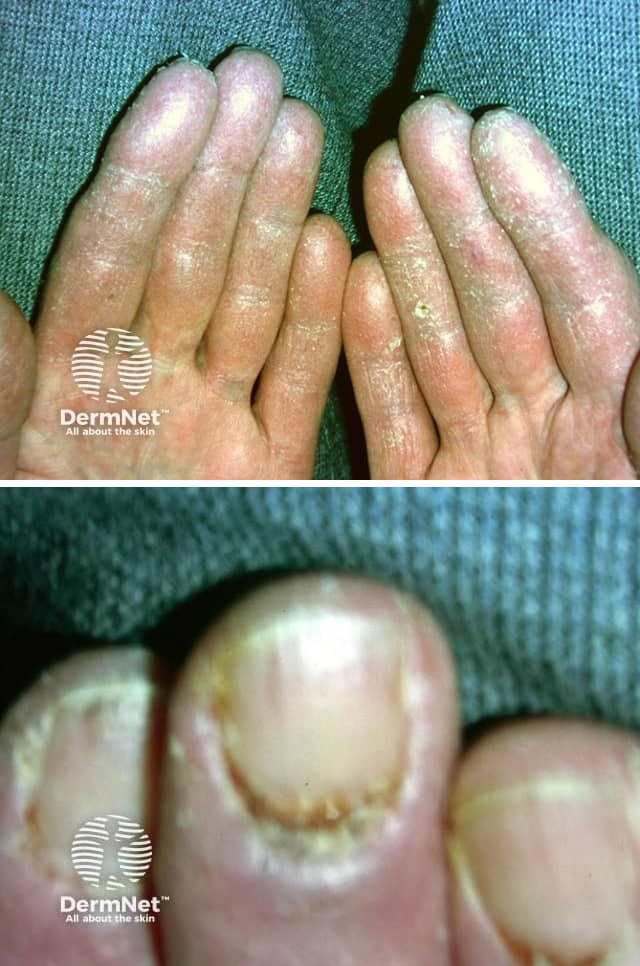
Most often, this cutaneous tattletale is associated with upper aerodigestive tract squamous cell carcinomas (e.g., nasopharyngeal, esophageal, or laryngeal tumors).
🧴 Classic Clinical Clues
The rash is psoriasiform, violaceous, and symmetrical — appearing first on the nose, ears, fingers, and toes, and eventually working its way inward like an awkward party guest.
Fun fact from the ward:
I once saw a 58-year-old man in our OPD with what looked like angry eczema on his ears and knuckles. Local doc gave him steroids, emollients, the works. No response. Eventually scoped him — bam, nasopharyngeal carcinoma. Skin led the way. 🕵️♂️
Bazex Syndrome Mnemonic
| Letter | Clue | Clinical Pearl |
|---|---|---|
| B | Bilateral lesions | Symmetrical plaques on acral surfaces |
| A | Acral distribution | Ears, nose, fingers, toes (distal first!) |
| Z | Zebra diagnosis 🦓 | Rare, paraneoplastic — think malignancy! |
| E | Elderly male | Most common demographic |
| X | eXternal cancer link | Strong association with SCC of aerodigestive tract |
🔍 Key Differentiators from Psoriasis
- No family history (unless your family hoards paraneoplastic syndromes… unlikely)
- Refractory to steroids or conventional derm treatments
- Regresses with cancer treatment, not with moisturizers 😅
- Nail dystrophy, sometimes even before skin lesions appear
🧴 Management of Bazex Syndrome? Treat the Tumor 🎯
The rash often resolves with successful treatment of the underlying malignancy — chemotherapy, radiotherapy, or surgical resection. Dermatologic treatments alone won’t cut it.
All right, that’s all for today in Dermatology Mnemonics. We hope that you find this blog post useful in your studies/clinical practice. Happy learning! 🙂
Authored by:
Dr. Aurangzaib Qambrani
Sheikh Khalifa Bin Zayed Hospital, Quetta
General Medicine | Gastroenterology | CCU

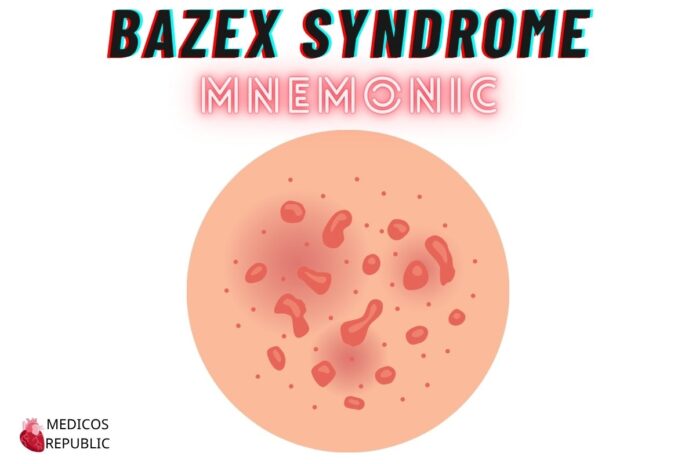
![How to Remember Southern, Northern, and Western Blot Tests [Mnemonic] How to Remember Southern, Northern, and Western Blot Tests](https://www.medicosrepublic.com/wp-content/uploads/2025/06/How-to-Remember-Southern-Northern-and-Western-Blot-Tests-218x150.jpg)
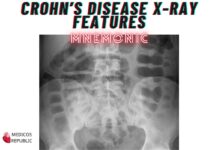
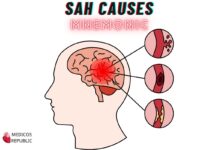

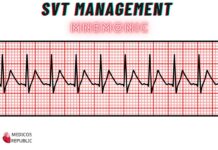




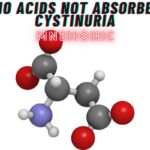


![Gerstmann Syndrome Features Mnemonic [Easy-to-remember] Gerstmann Syndrome Features Mnemonic](https://www.medicosrepublic.com/wp-content/uploads/2025/06/Gerstmann-Syndrome-Features-Mnemonic-150x150.jpg)
![Cerebellar Signs Mnemonic [Easy to remember] Cerebellar Signs Mnemonic](https://www.medicosrepublic.com/wp-content/uploads/2025/06/Cerebellar-Signs-Mnemonic-150x150.jpg)
![Seizure Features Mnemonic [Easy-to-remember] Seizure Features Mnemonic](https://www.medicosrepublic.com/wp-content/uploads/2025/06/Seizure-Features-Mnemonic-1-150x150.jpg)

![Recognizing end-of-life Mnemonic [Easy to remember]](https://www.medicosrepublic.com/wp-content/uploads/2025/06/Recognizing-end-of-life-Mnemonic-150x150.jpg)

![Multi-System Atrophy Mnemonic [Easy-to-remember] Multi-System Atrophy Mnemonic](https://www.medicosrepublic.com/wp-content/uploads/2025/06/Multi-System-Atrophy-Mnemonic-150x150.jpg)

![How to Remember Southern, Northern, and Western Blot Tests [Mnemonic] How to Remember Southern, Northern, and Western Blot Tests](https://www.medicosrepublic.com/wp-content/uploads/2025/06/How-to-Remember-Southern-Northern-and-Western-Blot-Tests-150x150.jpg)

